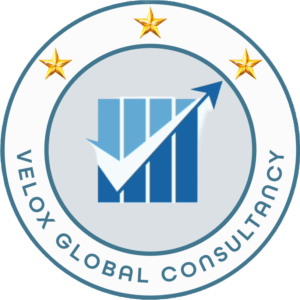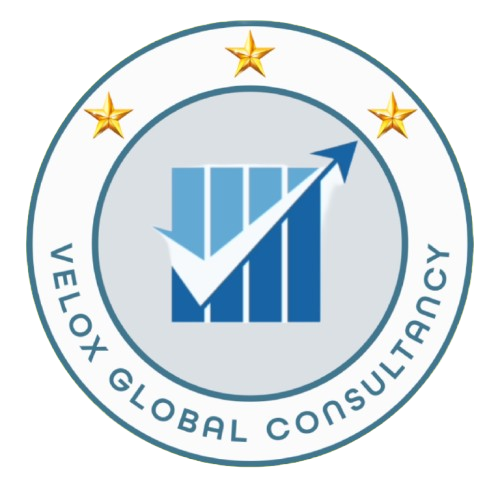The Schneider Go Green 2026 Challenge, a transformative Global Clean Energy Quest, hosted by Schneider Electric, invites innovative minds worldwide to craft groundbreaking renewable energy solutions tailored to local communities. This virtual sustainability contest focuses on delivering cost-effective, eco-conscious solar innovations, aligning with UN SDG 7 (Affordable and Clean Energy) and SDG 13 (Climate Action). Since 2011, the competition has engaged 16,000+ participants from 180+ countries, generating 2.8 million+ social media impressions. Anchored in Schneider Electric’s mission to drive digital energy transformation, it fosters scalable solar solutions for underserved regions.
The challenge centers on two dynamic categories: Solar-Powered Agriculture, addressing solar-driven solutions for pre/post-harvesting, storage, and crop processing to enhance food security; and Solar-Powered Microbusinesses, targeting renewable energy applications in retail, services, refrigeration, manufacturing, and production to empower small enterprises. The 2024 cycle showcased 3,800+ proposals, with 92% of finalists reporting improved sustainability expertise through mentorship. Participants leverage Schneider Electric University’s Get Into Energy Transition course, a premium e-learning platform, to master green economy skills like solar system design and energy efficiency. Virtual workshops, averaging 4–6 hours weekly, ensure accessibility for global innovators.
Teams engage in online mentorship sessions with Schneider Electric experts, refining business models and technical feasibility via platforms. AI-driven analytics guide proposal development, a trending tool in renewable energy innovation. Pitch events, streamed on YouTube and LinkedIn, align with Schneider’s 150,000+ global workforce and 1 million+ partners, amplifying reach to 500,000+ viewers. Networking forums, including Schneider’s Innovation Summit, connect participants to industry leaders in Paris and Singapore, hubs for smart energy solutions. Local sourcing ensures proposals are community-driven, using recyclable components for long-term viability.
Since 2011, the Schneider Go Green Challenge has nurtured eco-innovators, like Moroccan team, whose solar fish dryer scaled to 10+ African communities. Conducted in English, it promotes inclusivity across regions like India, Nigeria, and Brazil. Backed by Schneider’s Youth Education & Entrepreneurship and Access to Energy programs, in collaboration with INCO, the contest drives affordable energy access for low-income areas. The edition aims to attract 4,000+ teams, fostering climate-resilient solutions, community empowerment, and global sustainability. Participants tap into Schneider’s IoT expertise, shaping renewable energy’s future.
Join global eco-visionaries to pioneer sustainable energy models, empower local communities, and spark transformative impact at Schneider Go Green 2026!
Schneider Go Green Competition | Win up to €10,000:
Host Organization:
•Schneider Electric Youth Education & Entrepreneurship Program and Access to Energy Program.
Competition Location:
•Online submission
Benefits of Schneider Go Green Competition:
•The top three winning teams will share a total prize of €10,000. (1st Place: €6,000, 2nd Place: €2,500, 3rd Place: €1,500).
•Winners will receive a product basket sponsored by Schneider Electric’s Access to Energy Business.
•The competition is online so applicants can participate by staying in their own spaces.
Eligibility Criteria for Schneider Go Green Competition:
1. Applicants should be current enrolled students between 18 to 30 years old.
2. Participants must have English language proficiency.
3. Entrants must participate in teams of up to 4 members.
4. All members of a team should be studying in the same country.
5. Team members can be from different educational institutions, degree programs and academic years.
Program Deadline:
• Registration deadline for 2025 has passed.
• Registration for 2026 is now open with a tentative deadline in May 2026!
Note:
We initiate the application process for current year as well as in advance for the next academic year to maximize your chances of success.

